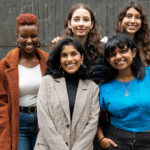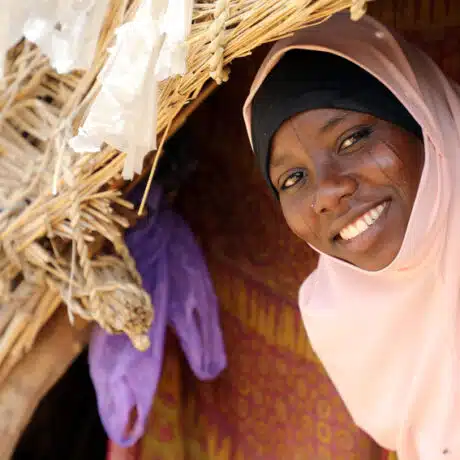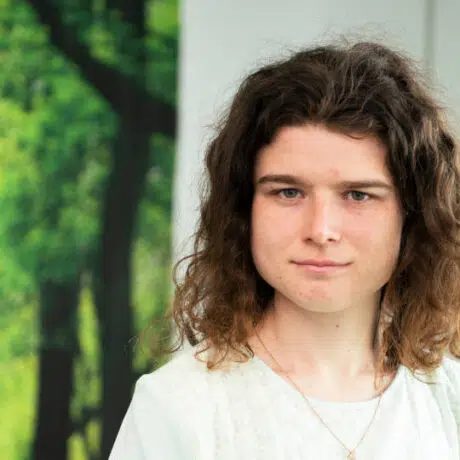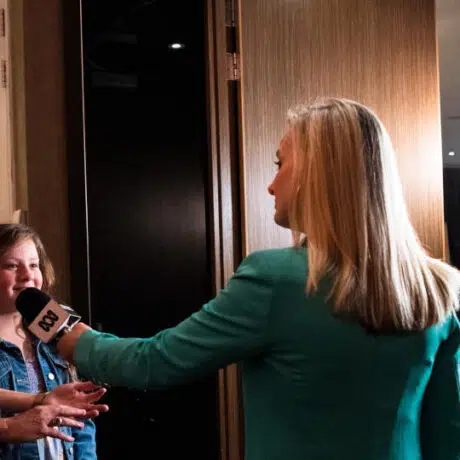News and Stories - Girls Rights - 29 July 2020
Because We Matter
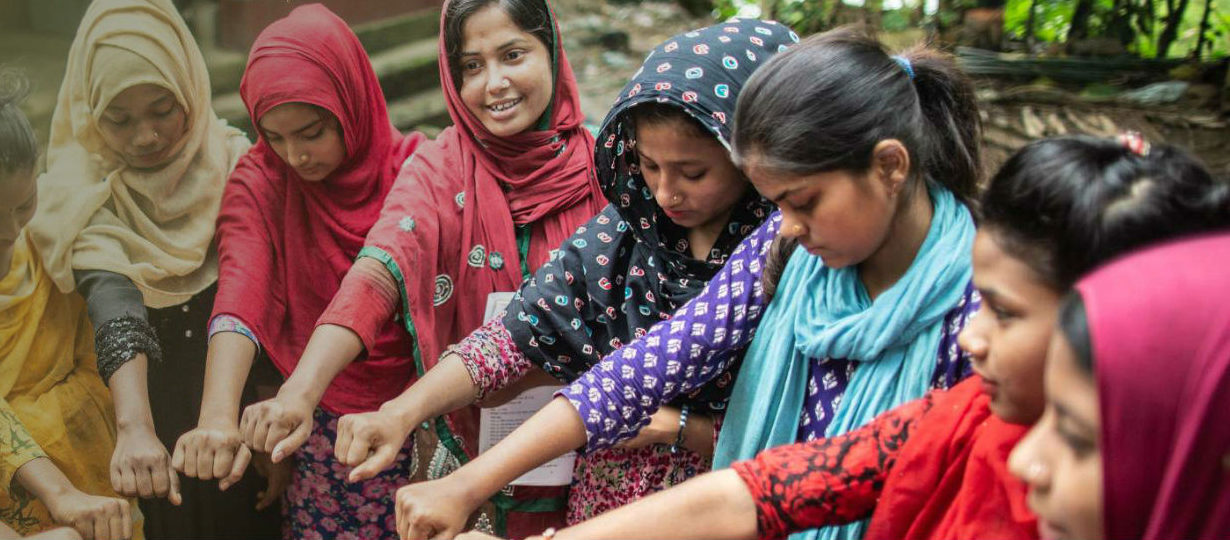
Girls leading their communities through COVID-19
Despite being among the hardest hit by COVID-19’s secondary impacts, girls and young women continue to redefine leadership and strive for a more gender-just world.
Since lockdowns were enforced around the globe to combat the spread of COVID-19, girls and young women have been faced with intensifying risks of violence, abuse and exploitation, particularly in the home.
The everyday inequalities they face have been magnified by the pandemic, however that hasn’t stopped girls and young women from being leaders in the recovery process, and empowering others along the way.
We’d like to introduce you to just a couple of girls Plan International works with, who are leading their communities through the pandemic.
Fighting COVID-19 and gender based violence
Not only are the Guinea Girl Leaders Club supplying hygiene kits and information on keeping safe during the pandemic to their communities, they are also fighting gender based violence.
Recognising that misinformation can fuel panic, Fanta and her peers have taken to social media to create a platform of resources on COVID-19 that are accessible and easy to understand.
It was important to Fanta that they use the platform to also share the secondary gendered impacts of the pandemic such as the increased risk of domestic violence and child marriage. During the pandemic Fanta has also been stopping early child marriages due to take place in her community, “Sometimes we are criticised,” she says, “but there are more people who encourage us than those who are against us.”
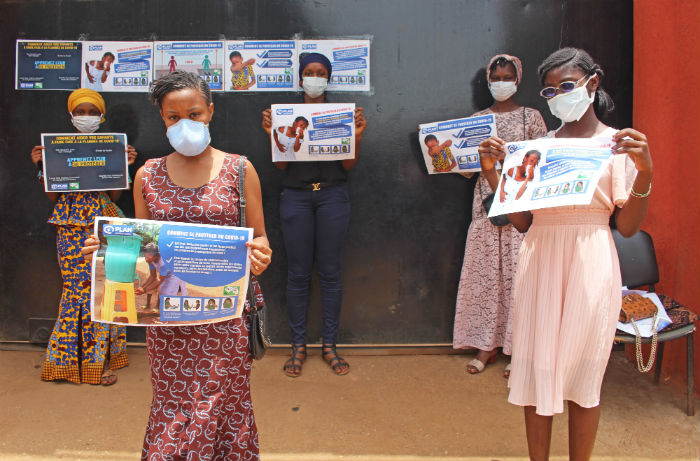
Supporting girls who face the burden of domestic duties during lockdown
Quarantine orders have closed schools and forced many activities to stop. While this is to ensure the safety of children and teachers, for some this also means the increased burden of unpaid and domestic work. This is the case for many girls and young women in the community where Raquel lives in the Philippines.
Noting the gendered impacts of the pandemic, Girls Get Equal leader Raquel has been using her platform as a Youth Council member to frequently meet with girls in her community and offer support for their needs.
“As a girl leader I want to show girls and young women that our capabilities are unlimited,” says Raquel, who also serves her community on the frontline as a checkpoint officer, monitoring people entering and exiting the town while keeping herself safe.
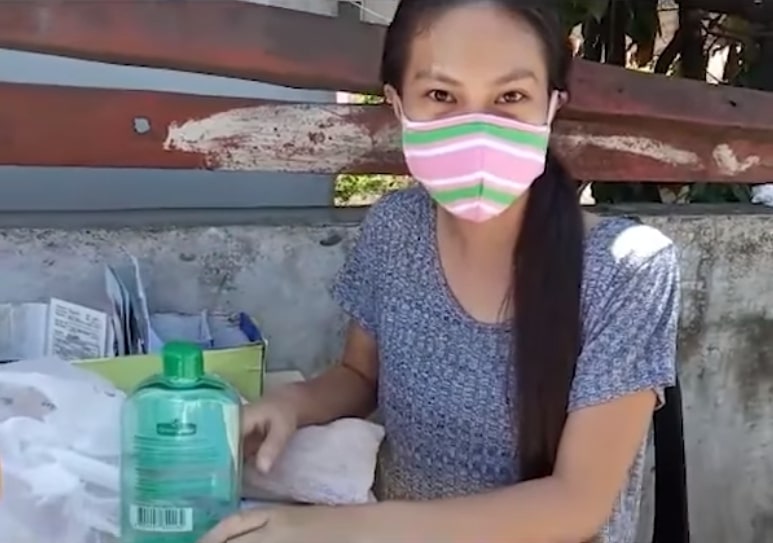
While girls like Fanta and Raquel are finding ways to combat the inequalities girls in their communities are facing during the pandemic, they can’t do it alone.
Research from Plan International’s latest collaborative report with Save the Children, ‘Because We Matter’, revealed that the pandemic has exacerbated existing inequalities, exposing millions of girls around the globe to the risk of violence, abuse and exploitation during the lockdown and periods of movement restrictions.
The data shows that violence against women and girls, particularly domestic violence has intensified during this time, which is why, together with Save the Children, Plan International is calling on leaders and governments to take immediate and decisive action to protect girls and women.
The Because We Matter report recommends five key areas of action for governments and regional leaders in the Asia-Pacific region, including:
- Ensuring COVID-19 responses do not compromise or reduce investments in girls rights
- Preventing the escalation of harmful gender norms
- Ensuring the protection of girls and young women is centred in COVID-19 responses
- Upholding protection services and ensuring there are clear ways to report violence
- Including girls and young women in decision-making processes
When girls are empowered to know their rights and lead, they are capable of great things, but they also need the support of leaders and governments to truly enact change around gender inequality.
Read the full ‘Because We Matter’ report here.


